The Minister for Agriculture in the Netherlands, Carola Schouten, has said that she wants a ban on the import of calves from Ireland, Denmark, the Czech Republic and the Baltic States.
In a letter to the Dutch lower house of parliament, Schouten said that long-distance transport of young calves affects their welfare, acknowledging that this would require EU agreement.
She also called for stricter enforcement of existing regulations. It is alleged that some hauliers transporting calves to the Netherlands over long distances have not switched from metal to rubber water teats in trailers, despite this being obligatory.
Here in Ireland, the Department of Agriculture requires all calf exporters to use only trucks fitted with rubber teats.
Ireland has exported over 48,000 young calves to the Netherlands for veal production in 2020, making it the second biggest market behind Spain.
Market collapse
The Irish Livestock Stakeholders Association said that any ban on exports of Irish calves to the Netherlands would cause a complete collapse in the market.
“We are calling on Minister [for Agriculture] Charlie McConalogue to move quickly and make representations in Brussels to defend live exports,” David Scallan said.
“Over the coming days, the issue of travel times is being brought to the front line in the European Commission,” he added.
The association wants funding for a calf lairage at Rosslare port, which would allow calves to be unloaded and fed before boarding a ship for Cherbourg.
“This option would reduce journey times for calves and boost welfare,” Scallan said.
“Funding can be met through the existing Government and Bord Bia levies that are already paid on each calf. This money can be put to better use than what it is being spent on.”
The association said that to protect calf exports, welfare standards here need to be further raised.
“We are calling for the minimum age of calves sold in mart to be 14 days and are looking for an increase in the minimum age for exports to be increased to 21 days.”




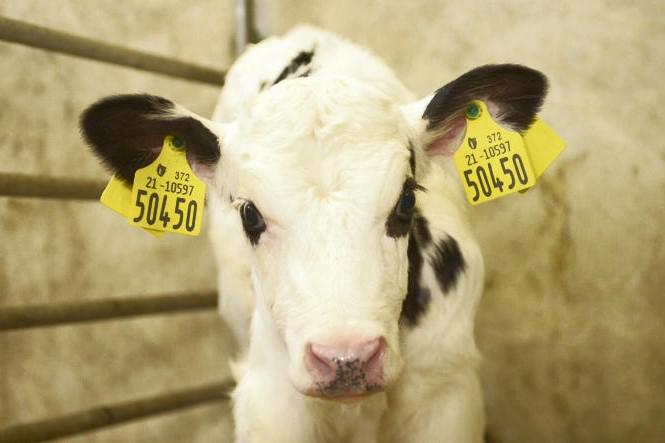
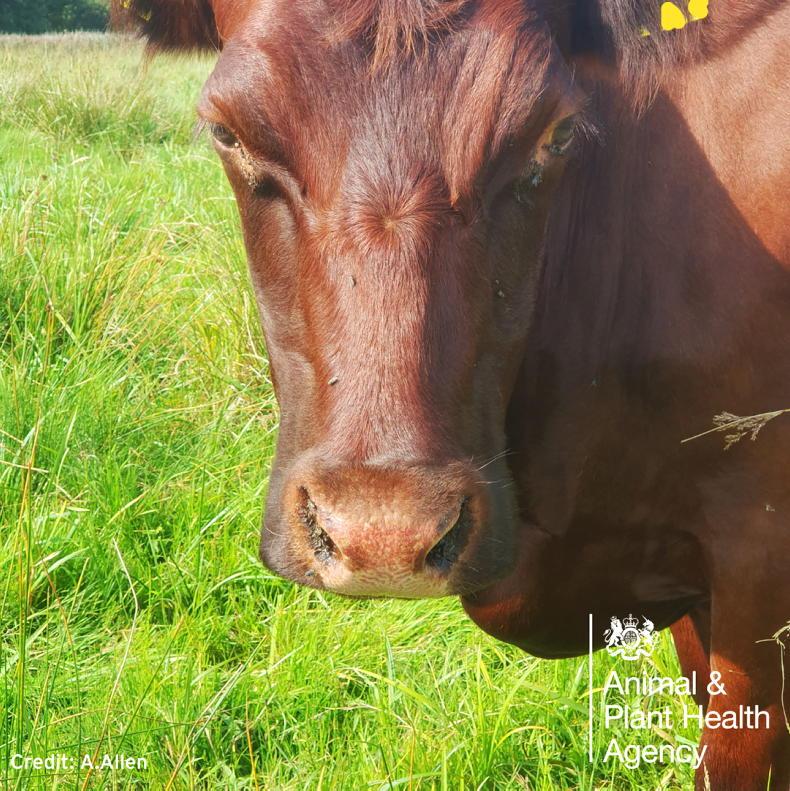
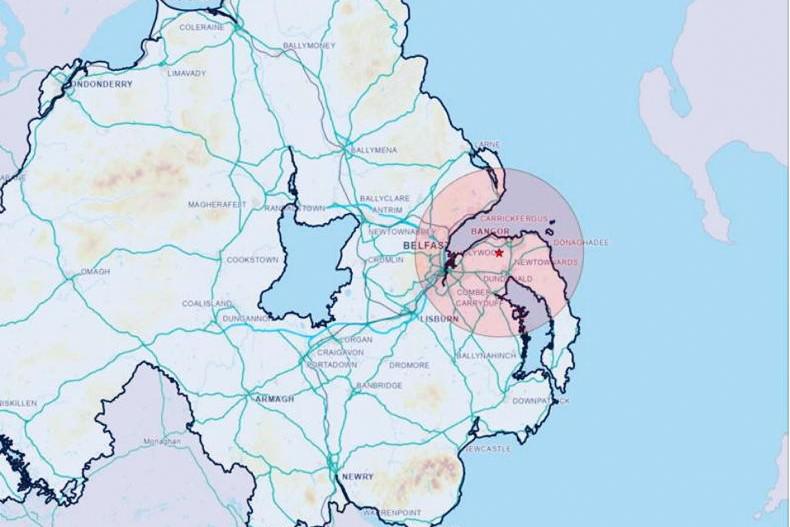
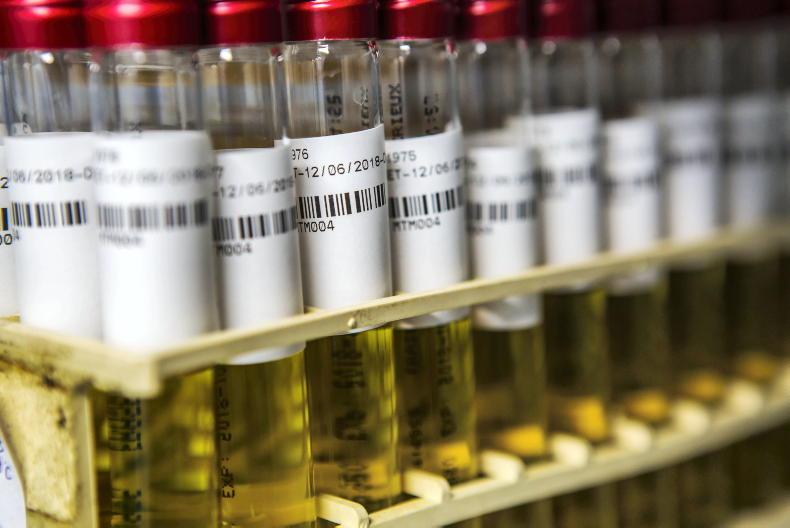
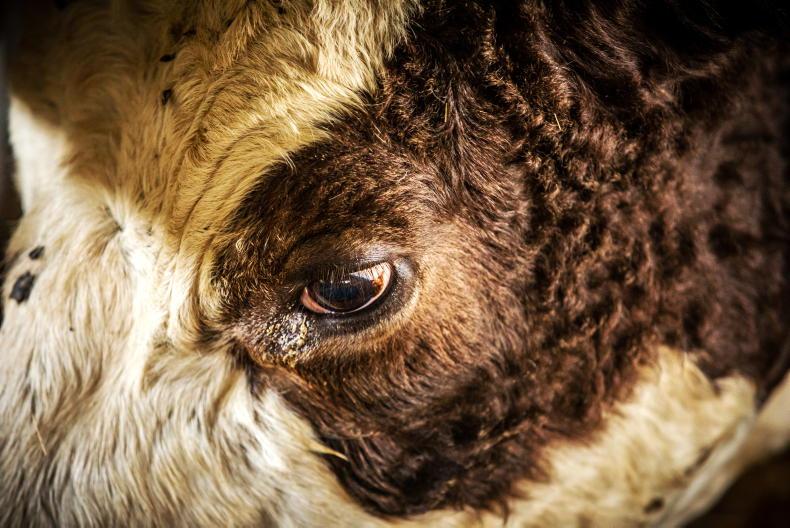
SHARING OPTIONS